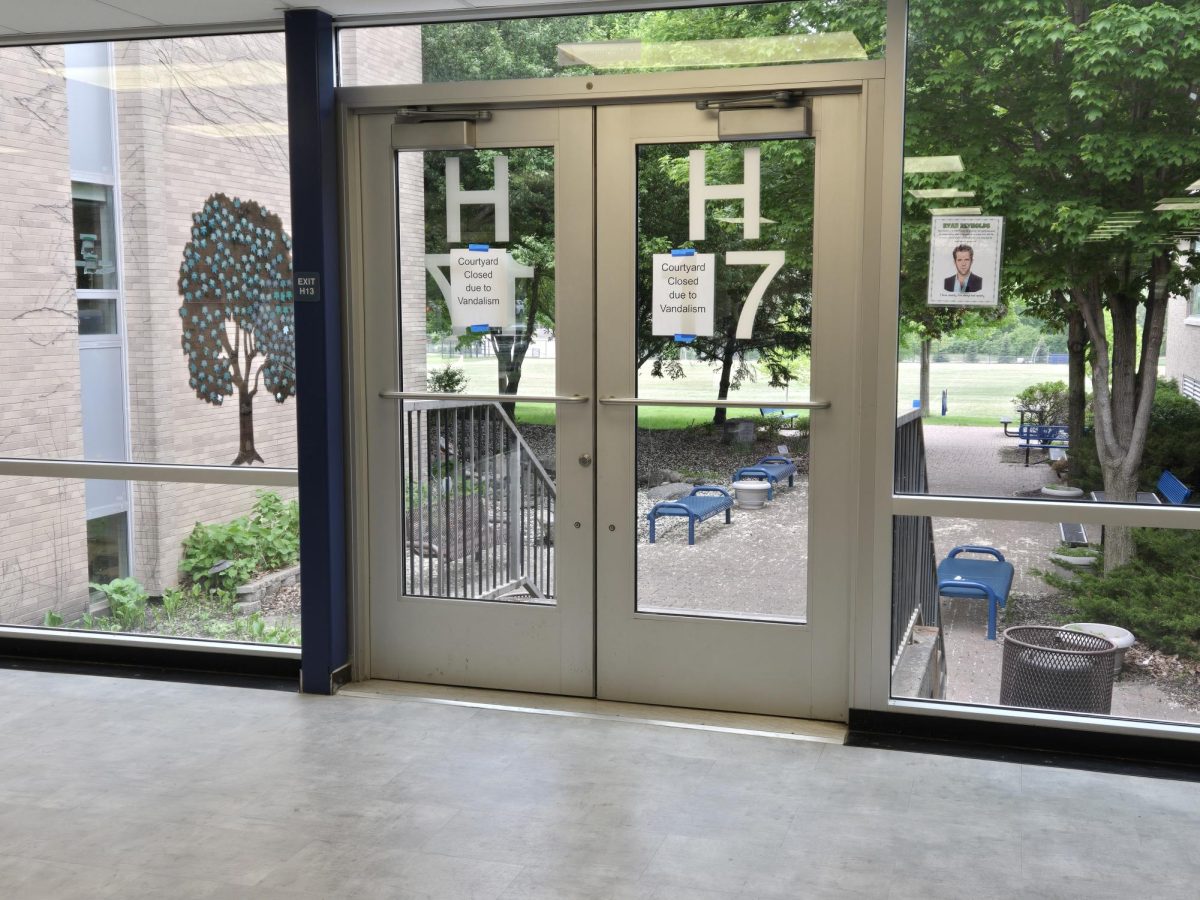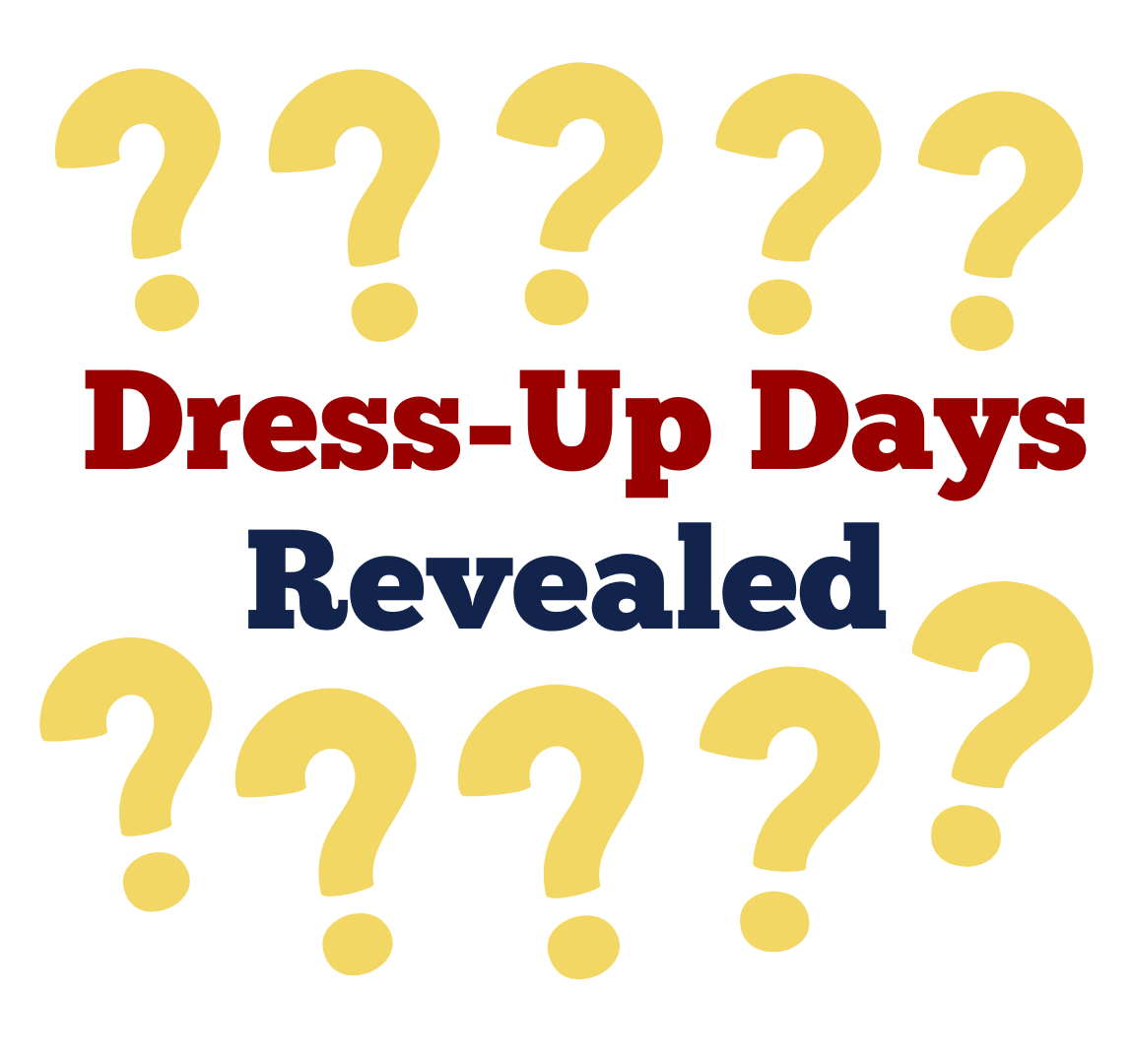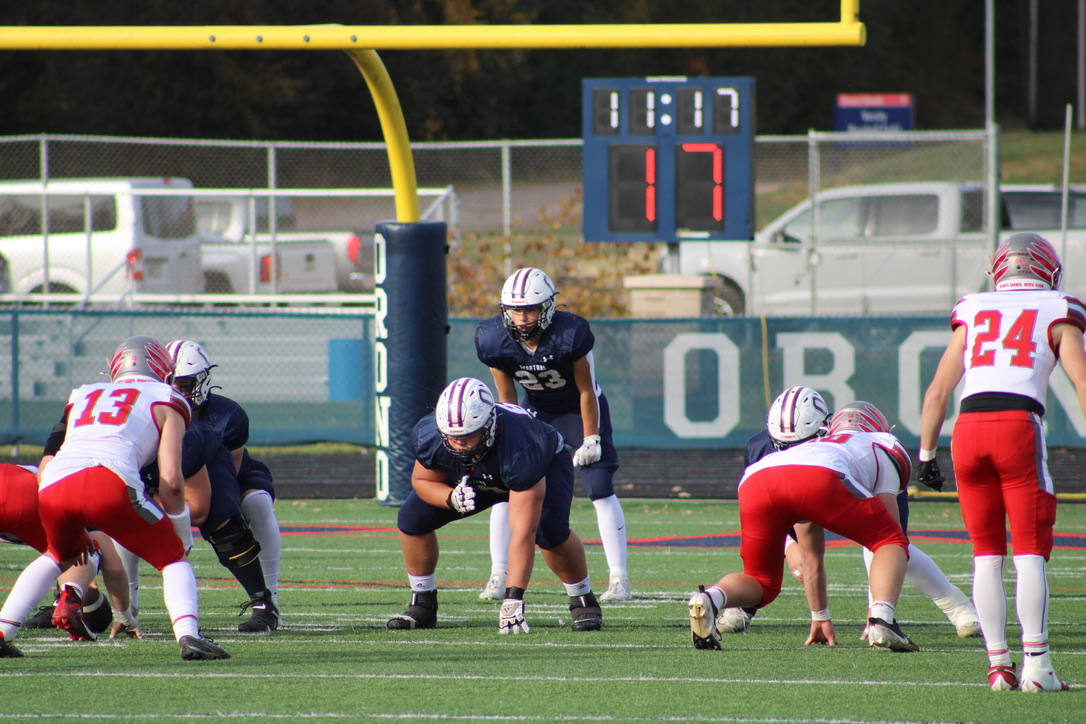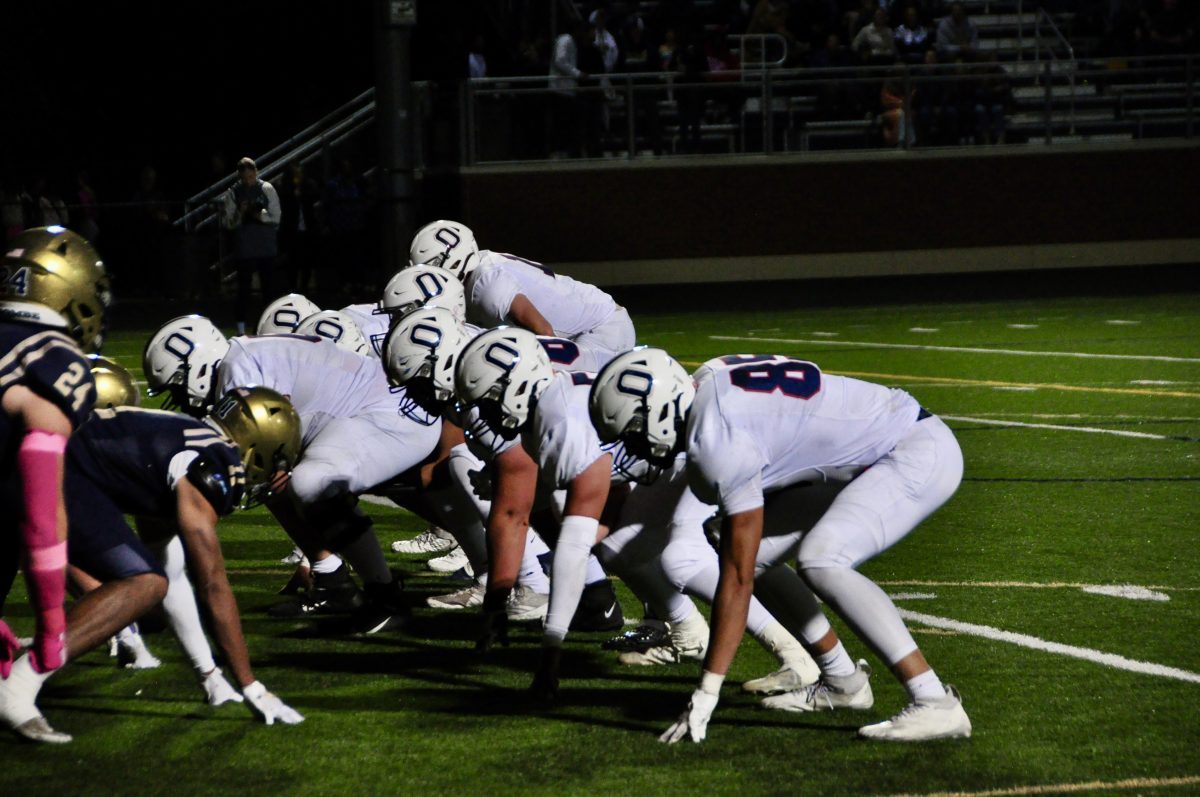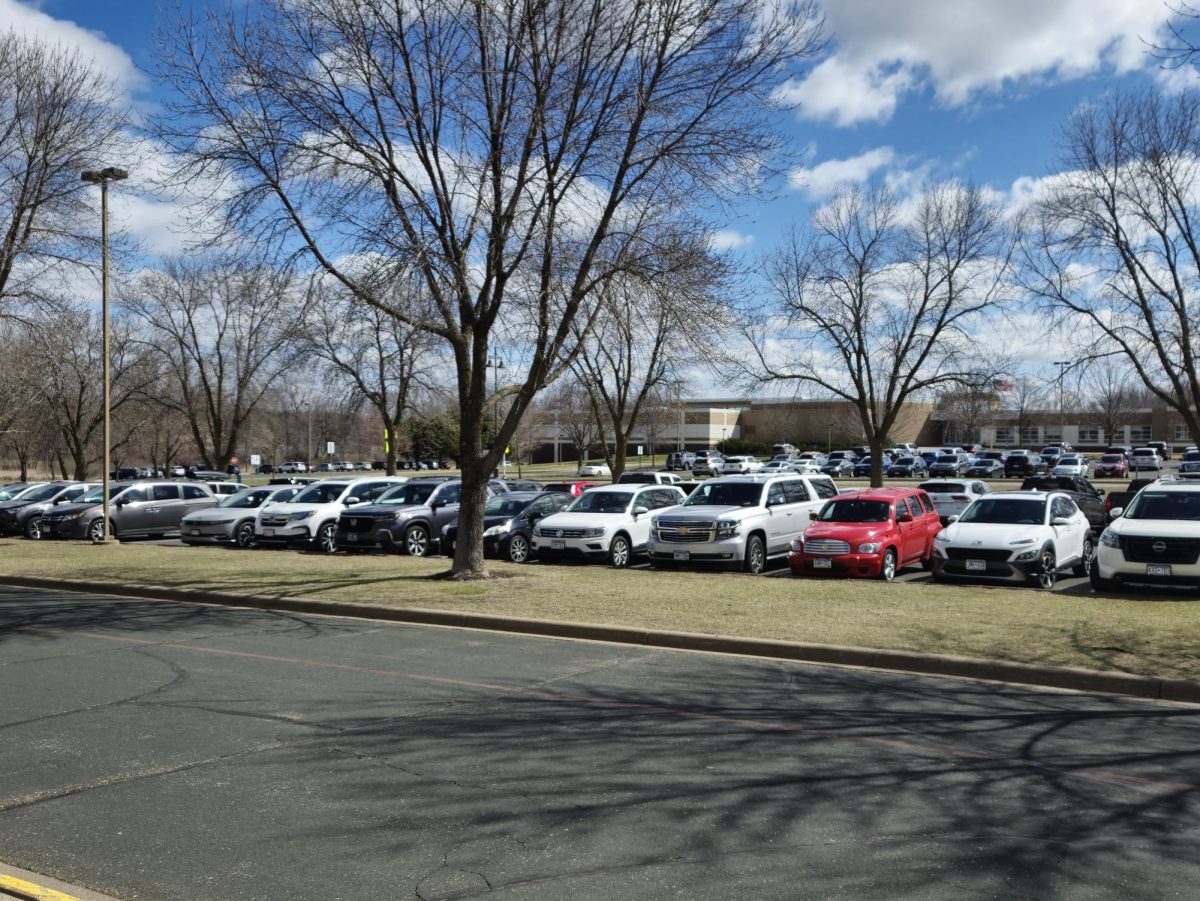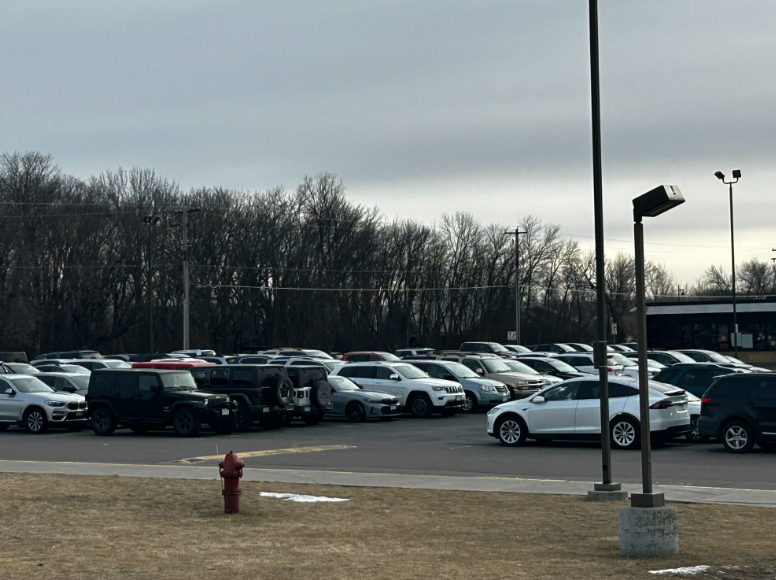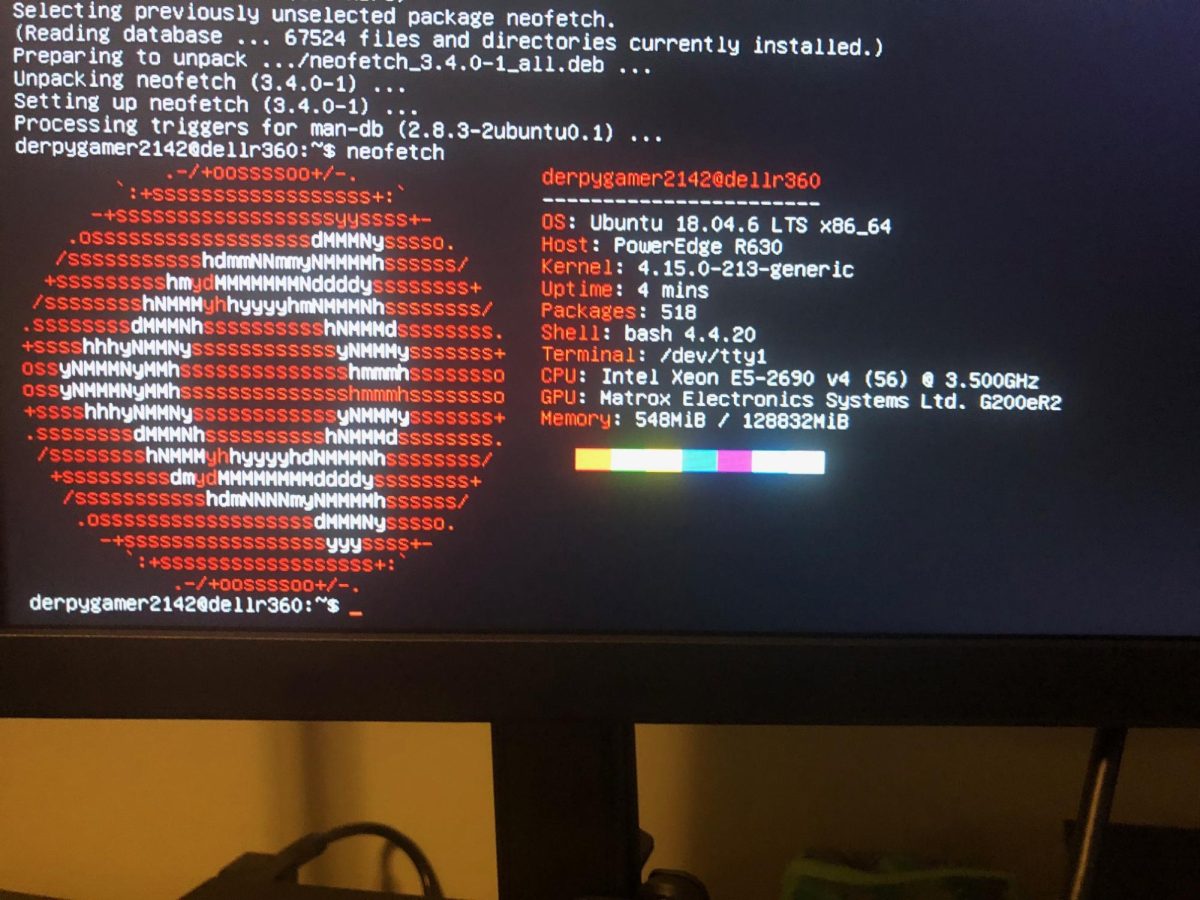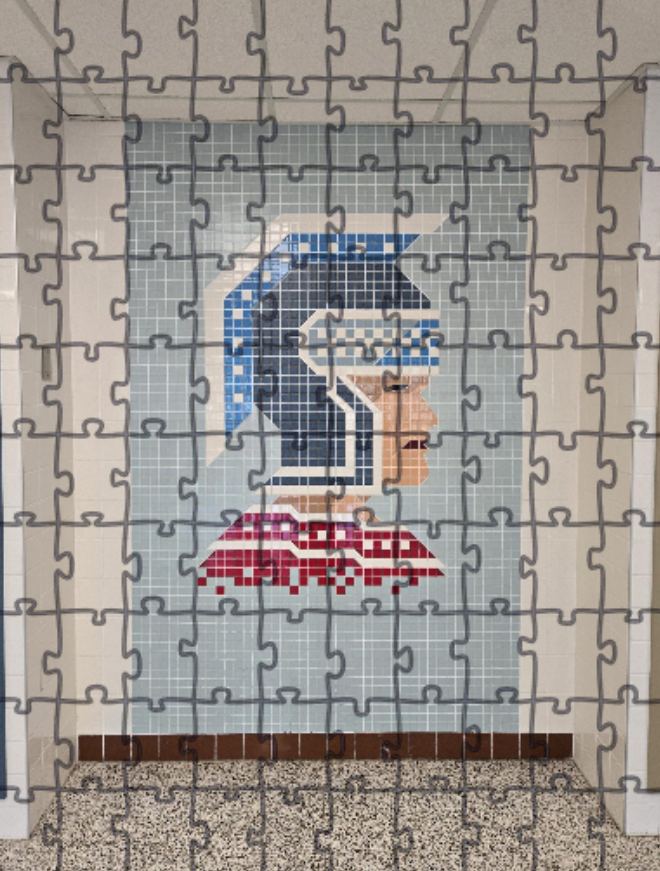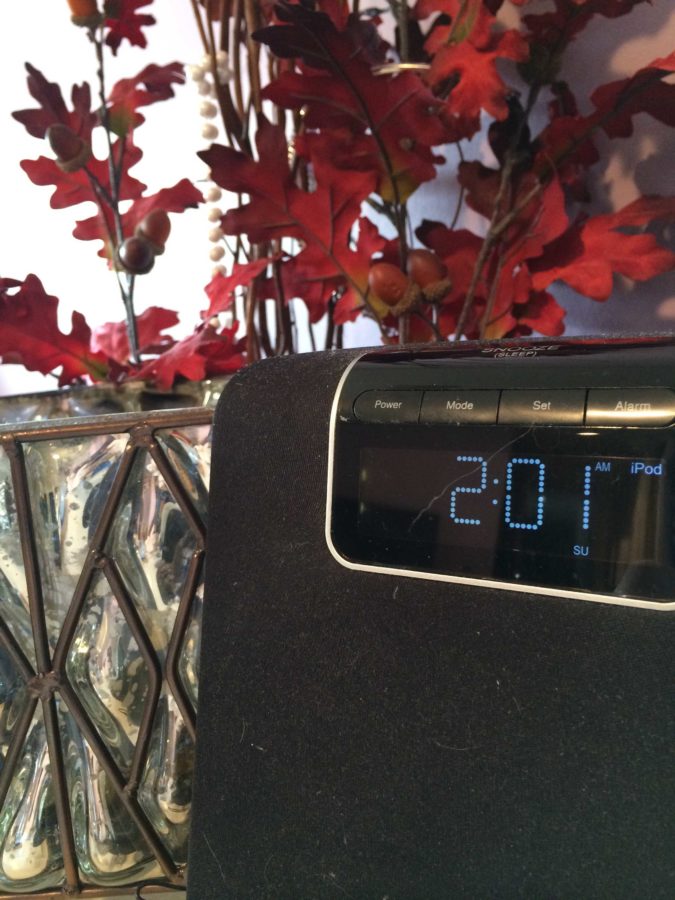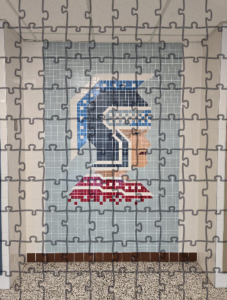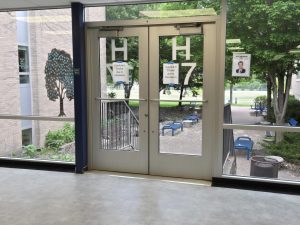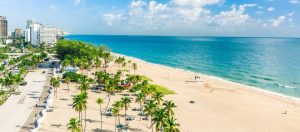Daylight saving time begins again
Remember to set your clocks ahead–just like this one!
March 9, 2014
Remember to set your clocks one hour ahead, as daylight savings time (DST) began last night at 2:00 a.m.
Every state in the United States abides by this switch in time (aside from Arizona and Hawaii) but where did it come from?
Well, in an effort to conserve fuel needed to produce electric power, Germany and Austria began saving daylight during WWI, with America and a few other countries following in their footsteps.
After the war, however, the United States decided to scrap the idea because individuals often went to bed and got up much earlier than is considered ‘normal’ today.
After this, the DST became a local action is a few states, until President Franklin Roosevelt again made it required, this time called “war time”, during WWII from Feb. 9, 1942 until Sept. 30, 1945.
Once completed, it again became optional, but it was creating confusion between time zones, especially for those in the transportation industry.
A group called the Time Uniformity Committee was created in an effort to rally American citizens’ support.
Finally, on April 12, 1966, President Lyndon Johnson signed the Uniform Time Act of 1966 into action.
This law designated DST to begin on the last Sunday of April and to end on the last Sunday of October, while allowing any state to be exempt by passing a state law.
DST has since been extended (due to the Energy Policy Act of 2005) to begin on the second Sunday of March and end on the first sunday of November.
The only two states to not participate in DST are Arizona and Hawaii.
Arizona abided by the Uniform Time Act of 1966 for one year before receiving enough negative reaction to pass a law exempting them. The state has never taken part since.
Hawaii chooses not to observe DST as it is closer to the equator and experience less variance in daylight as the rest of the country.
Within the states that do participate, a few odd effects seem to be experienced when individuals tamper with their sleeping schedules.
According to US News Health, there is a spike in heart attacks within the first week of DST.
Research also shows that there are less observed lethal car accidents within the time confines of DST, but everyone should still be as careful as possible, especially as the roads continue to thaw.



